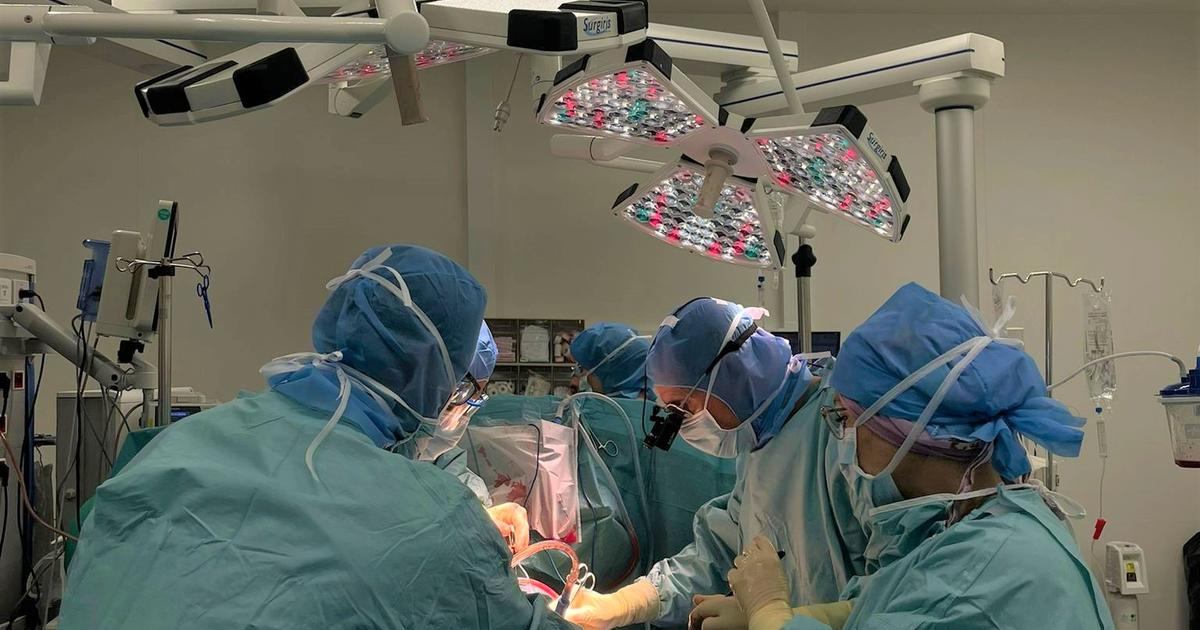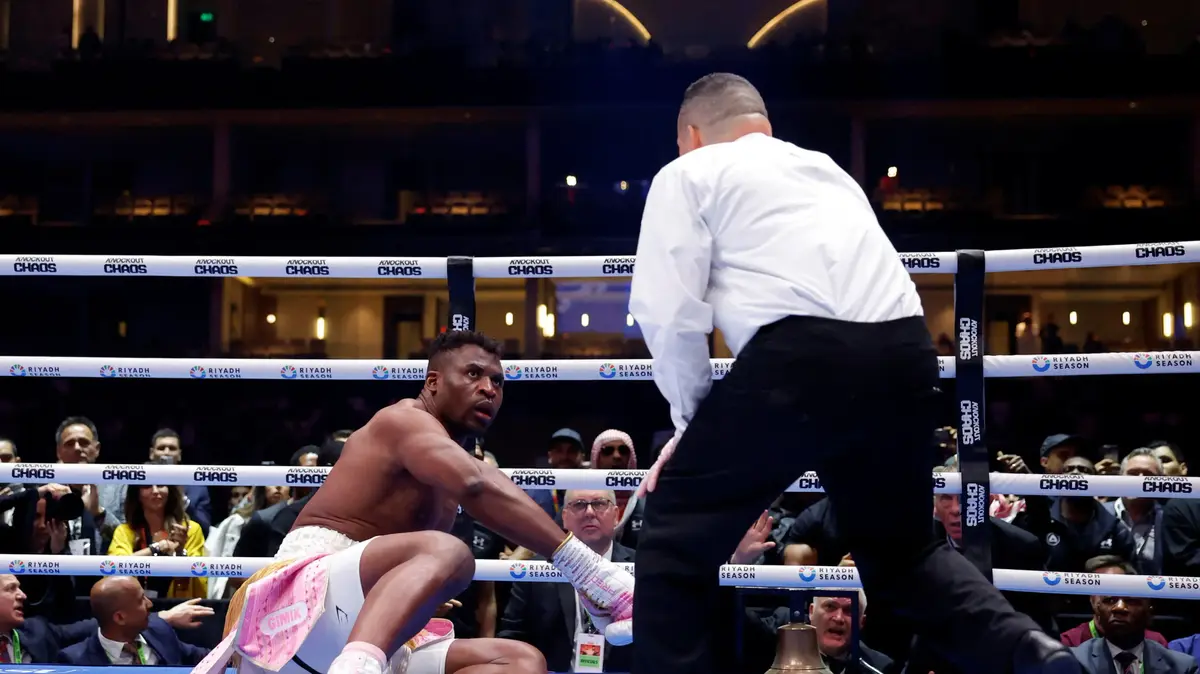Enlarge image
Disco guests (in Shoreditch, London): "Now you think: do I feel safe?"
Photo: Jack Taylor / Getty Images
Since Prime Minister Boris Johnson proclaimed "Freedom Day" in July, many British people have been enjoying the new freedom in pubs, restaurants and discos after the long months of restrictions in the corona pandemic. But even if the fear of infection with the virus may have faded into the background during the exuberant partying, a new fear of visiting the club is creeping in: As reported by the British media and the New York Times, they have been increasing since the beginning of October Reports of young women who have collapsed after a night in a pub or club with symptoms of paralysis in their legs, nausea, speech impairment and memory loss - typical symptoms of poisoning with so-called knockout drops.
However, many women state that they had previously felt a puncture in the back or leg.
They suspect someone gave them an injection with a syringe in the crowd.
Some show puncture points in the skin in photos, some had to be treated in hospital.
14 women and one man had reported such attacks in Nottinghamshire alone, the local police said in a statement on Thursday last week.
According to the Guardian and Daily Mail, there are now reports of syringe attacks from Brighton, Swansea, Liverpool and Leeds; it is mainly university towns where the nightlife is picking up speed again at the beginning of the semester.
"Sharp, excruciating pain" in the leg
Knockout drops are a widespread problem in nightlife, not just in the UK but almost everywhere in the world. So far, the substances, mostly party drugs such as GHB, also called "liquid ecstasy", or strong narcotics such as flunitrazepam (Rohypnol), have been administered in careless moments in drinks or food in order to make the victims sexually compliant and to rape them. In English-speaking countries, knockout drops are therefore often called
date rape drugs
known.
Now injecting these substances would be a new and deeply shocking development, former Nottinghamshire Police Chief Sue Fish told the New York Times: “If I thought I couldn't be shocked anymore, if I thought that Behavior could not go any lower, then that is a new low «.
A 19-year-old student reported, according to the Guardian, that she woke up with "zero memory" of her evening at the Pryzm nightclub in downtown Nottingham.
She was not hangover, but felt a "sharp, excruciating pain" in her leg and could not walk without limping.
After discovering a puncture site on her leg, she went to the hospital, but left after waiting several hours without being examined.
Just a few days earlier, another 19-year-old reported that she had been attacked in a similar way in a club just ten minutes away from the »Pryzm«.
According to the Guardian, she felt a pinch on the back of her arm when she left the Stealth nightclub on October 12th.
She later passed out and was taken to the emergency room for a blood test.
The insidious thing about knockout drugs, however, is that they are odorless and quickly break down in the bloodstream.
Therefore, they are difficult to detect.
The Nottingham police meanwhile arrested a 20-year-old who was carrying drugs and illegal substances, but no arrests have yet been made and the young man is on parole.
A fear factor that wasn't there before
Especially among young women there is now a growing fear of not only having to constantly watch their drinks on the counter, but also of having to fear their physical integrity.In addition to the blackout and the risk of being raped, there is also the risk of infections with contaminated needles and syringes.
more on the subject
What exactly happens when you have knockout drops in your drink?
Three people tell about Simon Schröder
Why a wristband against knockout drops is a nice idea - but sends the wrong signalBy Kathrin Weßling
A video shows how easily you can become a victim of KO substancesBy Julia Wadhawan
An initiative that was previously called "Girls Night in", but now only "Night in" out of intersectional consideration, calls for a boycott of pubs and clubs on the Internet if they do not tighten their security measures at the door. It cannot be that young women have to put on armor if they want to go out without running the risk of being beaten with needles by strangers. "It has always been said: watch what you drink, cover your drink," said 18-year-old Jocie Mears of the "New York Times". “But you can't cover your whole body. It's not our responsibility, it's that of the people who stimulate us. "
20-year-old Primrose Sparks, who helped organize a club boycott in the university town of Durham, said you used to think about going out when you had an early lecture the next morning, “but now you think, I feel sure? ”There is definitely a fear factor that wasn't there before.
Over the coming weekends, the “Night in” initiators now want to call for nationwide boycotts in a total of 43 university cities in order to draw attention to the issue and the threat. Oxford, Cambridge, York, Manchester, Exeter, Bristol and Edinburgh, among others, want to participate. Some venues in Nottinghamshire, apparently the epicenter of the incidents, have already started to thoroughly search guests for drugs and potentially dangerous objects before they enter, British media reports. There are therefore more and more long queues in front of the clubs.
Reliable statistics on the problem of knockout drops do not exist in Germany either, since the incidents are often not reported or are not recognized as such. In 2019, however, a BBC survey identified at least 2,600 attacks with the so-called
spiking
of drinks
in Great Britain alone
since 2015, and the trend is rising. The British Home Secretary Priti Patel called on the police, in view of the reports of the syringe attacks, to look seriously at the dimensions of the phenomenon. A petition that wants clubs to search guests by law has already garnered more than 150,000 signatures.
However, some experts are concerned about the nature of the attacks: "There are a few things that are troubling about this matter," said David Caldicott, an emergency medicine consultant and founder of a drug testing project, in a report by Vice World News. It is "really difficult to stick a needle into someone without them noticing, especially when you have to leave the needle in there long enough, maybe 20 seconds, to inject enough drugs." There are "half a dozen others, much easier ways, ”says Caldicott. Drugs like GHB could only be administered with a very thick needle because they would have to be injected with a lot of fluid, says Guy Jones, senior scientist at the drug aid organization The Loop, told Vice.
Of course, these medical-technical considerations do not change anything about the fear of young people, despite the end of the Corona measures, that they will be able to move less freely at parties and in clubs and pubs.
boron



/cloudfront-eu-central-1.images.arcpublishing.com/prisa/KSQTCK7XJVBFROZXUOP5CEEXV4.png)





